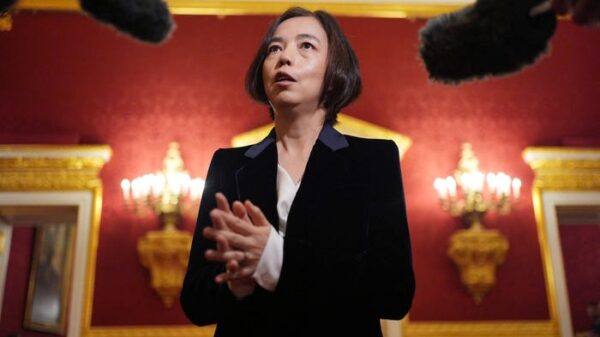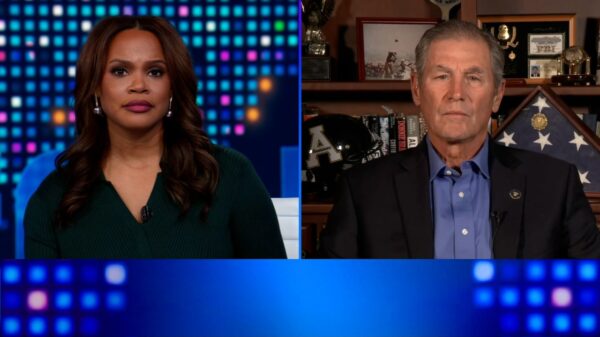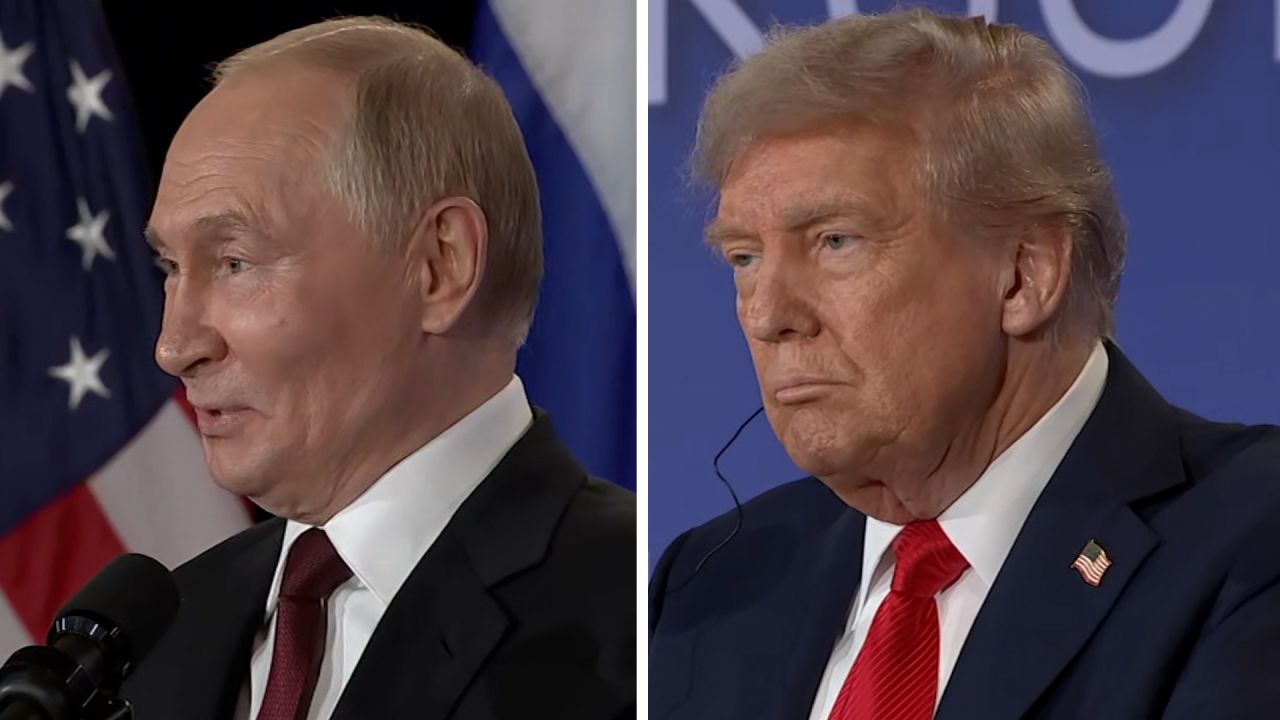Russian President Vladimir Putin and US President Donald Trump held a significant bilateral meeting on October 10, 2023, in Anchorage, Alaska, focusing on the ongoing conflict in Ukraine. This meeting comes amid heightened tensions and global concern regarding the implications of the war.
During their discussions, both leaders addressed various aspects of the Russia-Ukraine War, emphasizing the importance of dialogue to de-escalate the situation. The conference saw a series of statements from both presidents, highlighting their perspectives on the conflict and potential paths forward. Trump noted the critical need for a united front in seeking peace, while Putin reiterated Russia’s stance on its actions in Ukraine.
Key Takeaways from the Conference
One of the notable points raised during the conference was the humanitarian crisis stemming from the war. Both leaders acknowledged the suffering of civilians and the urgent need for international aid. Trump mentioned that the United States is prepared to assist in humanitarian efforts, reinforcing America’s commitment to addressing global crises.
Putin, on the other hand, defended Russia’s actions, claiming that the military operations were necessary for national security. He insisted that any discussions about peace must include a fair consideration of Russia’s concerns. The contrast in their statements underscored the complexities of reaching a consensus on this critical issue.
The meeting drew considerable media attention, with reporters eager to understand the implications of this dialogue for international relations. As both leaders faced questions, they maintained a firm stance on their respective positions, reflecting the ongoing geopolitical divide.
Implications for Future Relations
The outcomes of this meeting could have lasting effects on US-Russia relations, particularly regarding military and economic sanctions. Analysts suggest that the ongoing dialogue may serve as a stepping stone towards future negotiations, although substantial differences remain.
Moreover, the conference highlighted the importance of communication between the two nations. In an era marked by disinformation and conflict, direct dialogue may provide a platform for reducing tensions. Both presidents expressed a willingness to continue discussions, which may pave the way for future diplomatic efforts.
As global observers analyze the implications of this meeting, the focus will remain on how these discussions influence the broader international community’s response to the Russia-Ukraine conflict. The stakes are high, and the world watches closely as these two leaders navigate a complex and evolving landscape.





































































